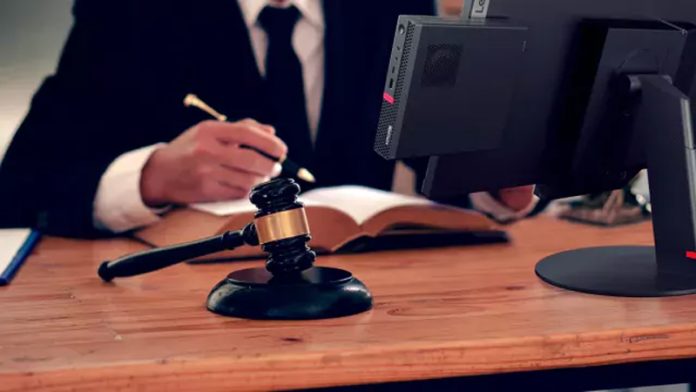The rising pollution levels in Delhi and its surrounding NCR have once again underscored the urgent need for systemic adaptability in the face of public health emergencies. With Delhi’s Air Quality Index plunging into the “severe plus” category, CJI’s directive encouraging virtual hearings is a timely and pragmatic measure. It reflects the judiciary’s responsiveness to immediate challenges but also raises questions about long-term solutions and the broader adaptability of our legal and administrative systems. The Graded Response Action Plan IV restrictions imposed in the region emphasise the gravity of the situation. Lawyers, clerks, and litigants commute daily to the courts, contributing to vehicular emissions and exposing themselves to air that is unfit to breathe. Encouraging virtual hearings aligns not only with immediate public health needs but also with the broader environmental imperative of reducing unnecessary emissions. Yet, the CJI’s refusal to make virtual hearings mandatory across the board, allowing individual discretion, reflects a balancing act between upholding the traditional sanctity of in-person court proceedings and embracing modern technological solutions. While the decision empowers lawyers to choose the mode of their appearance, it also reveals the judiciary’s cautious approach toward fully transitioning into a virtual framework.
The advantages of virtual hearings extend beyond addressing pollution. They save time, reduce costs, and minimise the carbon footprint associated with daily commutes. More importantly, they ensure accessibility and convenience for stakeholders across the board, especially for those who find it challenging to navigate Delhi’s worsening traffic and pollution. During the COVID-19 pandemic, the judiciary demonstrated its capability to conduct virtual proceedings effectively, providing a blueprint for how courts can operate in non-traditional ways without compromising justice delivery. The Solicitor General’s suggestion that the Supreme Court should set an example by fully adopting virtual hearings as a principle underscores the leadership role of the Apex Court. If the highest court in the land can adapt to new functioning methods, it sends a strong message to lower courts and tribunals. Furthermore, institutionalising virtual hearings during emergencies could help normalise such practices and pave the way for broader technology acceptance in the judicial process.
Despite its potential, transitioning to virtual hearings is not without challenges. A significant hurdle is the digital divide plaguing India’s justice system. Many lawyers, particularly those from smaller cities and rural areas, lack access to high-quality internet and technology infrastructure. Technical glitches, connectivity issues, and a lack of digital literacy among certain stakeholders could hinder the smooth conduct of virtual proceedings. Moreover, there remains a segment of the legal fraternity that strongly believes in the sanctity of in-person hearings, viewing virtual hearings as a compromise on the decorum and efficacy of the judicial process. This perspective, while rooted in tradition, must evolve to accommodate modern realities, especially in times of crises.
The pollution crisis is not an isolated or episodic issue; it is a symptom of deeper systemic failures in urban planning, industrial regulation, and environmental management. Courts alone cannot bear the burden of addressing such issues, but their role in catalysing change is undeniable. The judiciary’s proactive stance on implementing GRAP-IV restrictions and its directives to states in the NCR to enforce anti-pollution measures demonstrate its commitment to tackling the crisis. However, sustainable solutions require coordinated efforts across sectors. Governments must prioritise investments in clean energy, public transport, and waste management. Policies encouraging carpooling, electric vehicles, and working from home must be mainstream. We should intensify public awareness campaigns on the health risks associated with pollution, and encourage citizens to adopt eco-friendly practices.
Virtual hearings represent an opportunity to not only address environmental and health crises but also modernise India’s legal system. The Supreme Court’s willingness to accommodate online appearances during this crisis is a step in the right direction. But to truly breathe easy, society needs systemic reform and collective action that goes far beyond its courtrooms.
Trending Now
E-Paper


